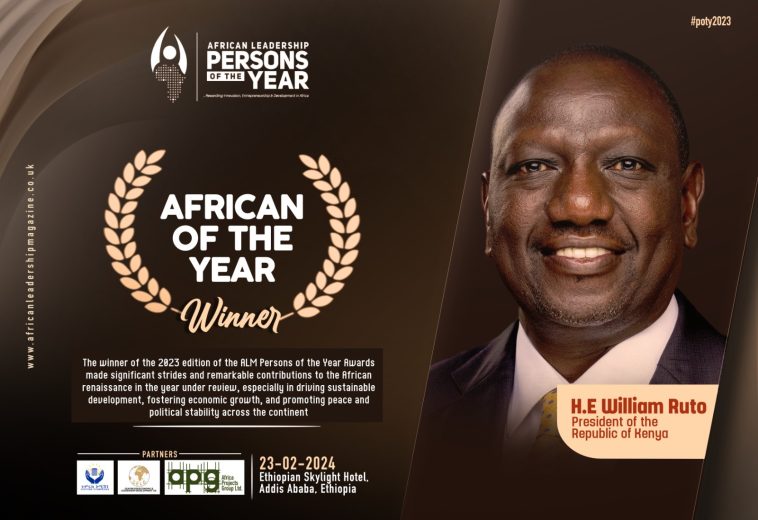Few countries worldwide can boast a decade-long economic growth rate of 10 percent, a feat often associated with Asian-Pacific nations. However, Ethiopia, the second-most populous nation in Africa, proudly joins this exclusive club. This sustained period of economic growth has expanded the purchasing power of its growing middle-class market.
Ethiopia’s remarkable economic progress stems from a state-driven infrastructure development initiative, resulting in impressive industrial parks and extensive transport networks throughout the country. This infrastructure not only rivals that of wealthier economies but also positions Ethiopia for the next phase of growth: the transition to middle-income status. Relative to other African and global markets, Ethiopia offers low land, labour, and energy costs, making it an attractive destination for businesses.
Ethiopia is a regional trade hub, providing U.S. companies with opportunities to access neighbouring markets. The African Union, headquartered in Addis Ababa, presents diverse business opportunities, particularly through its Agenda 2063 strategy and the AfCFTA. International organisations bid for consultancy contracts covering various sectors, including peacekeeping operations, medical supplies, energy, IT, construction, and more, both at the AU headquarters and its institutions across the continent. The AU’s annual budget of $647 million further supports business engagement.
Despite this economic transformation, challenges have emerged. Heavy borrowing and foreign exchange shortages have been persistent issues, prompting the Ethiopian government to relinquish its role as the primary driver of growth. Instead, the focus shifts towards encouraging private sector development and attracting foreign investment.
Privatisation of key sectors makes Ethiopia an attractive investment destination. Sectors like telecoms, energy, railways, logistics, and sugar are being privatised or liberalised, opening doors for domestic and foreign investments. Government incentives, including customs duty exemptions and income tax benefits, further enhance the appeal for investors.
Political and social stability, coupled with the government’s commitment to economic reforms, ensures a favourable environment for investors. Ethiopia’s profitable sectors include agriculture, with a focus on livestock and processed foods; transportation and infrastructure construction; mining (gold, diamonds, and more); and a growing ICT and telecommunications industry.
Investing in Ethiopia presents an opportunity to benefit from its robust economic growth, strategic reforms, and promising sectors. The government’s commitment to economic reforms and infrastructure development has played a pivotal role in creating a stable and conducive environment for both local and foreign investors. Ethiopia’s GDP growth has been impressive; it is driven by investments in key sectors such as agriculture, manufacturing, and services. As Ethiopia continues on its path of economic development, it holds the promise of being a rewarding frontier for those willing to invest.


